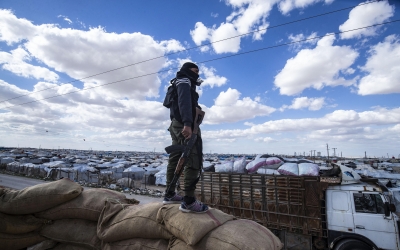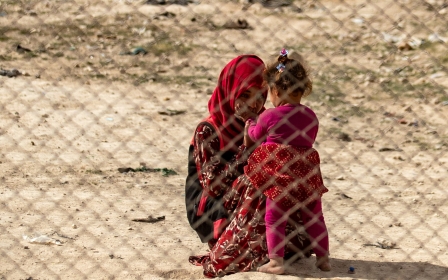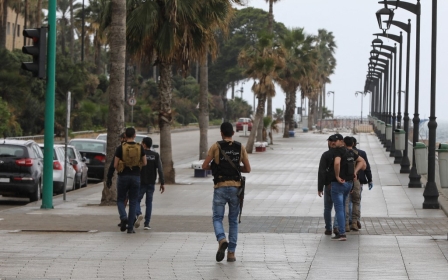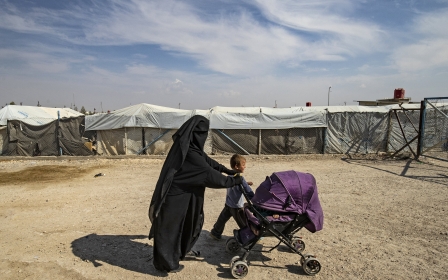US military chief warns radicalisation of children in Syrian camps is major threat
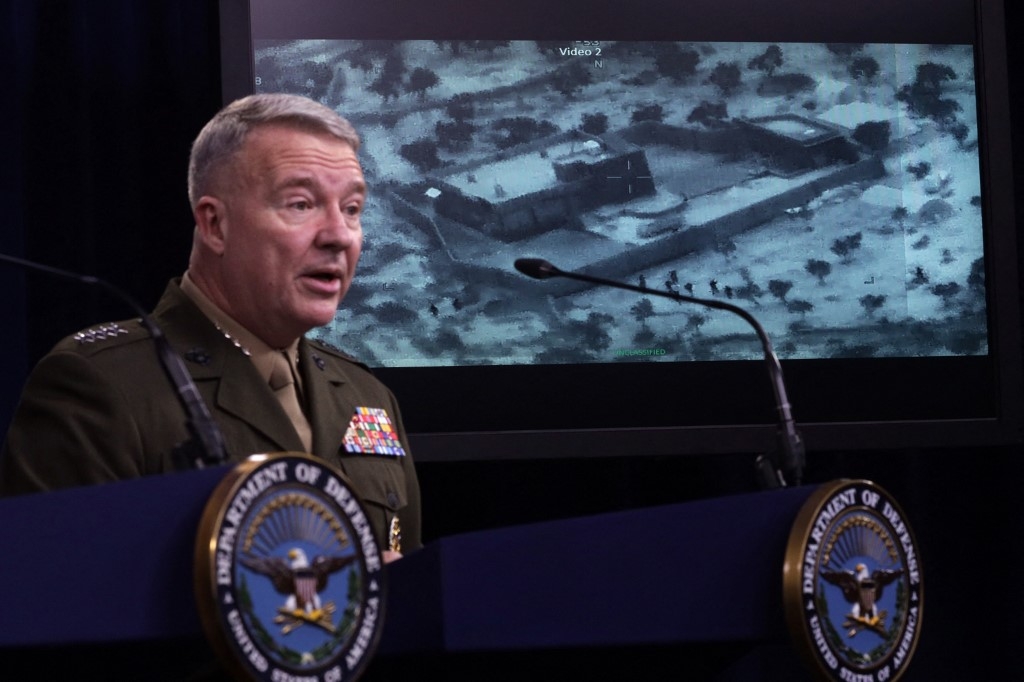
The US military chief in the Middle East has claimed the radicalisation of children at camps in Syria for the relatives of suspected Islamic State (IS) members poses the biggest threat to the region.
Speaking at a webinar on Tuesday that also discussed the Iran nuclear deal and the conflict in Yemen, General Kenneth McKenzie, the head of US Central Command (Centcom), said it was crucial that the children of foreign nationals were repatriated to curb the spread of the group's ideology.
McKenzie described the horrendous conditions at the al-Hol camp, which houses around 63,000 people, as a "tactical problem" that should worry the US and other actors, but emphasised the spread of IS ideology as the "more strategic problem".
'We're giving ourselves the gift of fighters five to seven years down the road'
- Kenneth McKenzie, Centcom commander
"These children, in particular, are being radicalised, and unless we find a way to repatriate them and reintegrate them and deradicalise them, we're giving ourselves the gift of fighters five to seven years down the road, and that is a profound problem," McKenzie said at the virtual event held by the American Enterprise Institute (AEI), a right-leaning think tank.
According to the United Nations, most of the people held at the al-Hol camp are women and children from Iraq and Syria. However, around 7,000 minors held there are the children of foreign IS fighters.
New MEE newsletter: Jerusalem Dispatch
Sign up to get the latest insights and analysis on Israel-Palestine, alongside Turkey Unpacked and other MEE newsletters
While Kurdish officials have also warned that the camp is emerging as a breeding ground for extremism, regional and other foreign powers have been reluctant to accept and repatriate their citizens.
The Biden administration has said it believes the international community should bring home their citizens from conflict areas in the Middle East, but so far, the administration has failed to repatriate anyone from Syria.
Former President Donald Trump also supported the repatriation of foreign nationals who went to Syria and Iraq, and had urged Europe to take back its citizens.
'Take back your citizens'
McKenzie, highlighting the need for mass repatriations to begin, stressed that there was no military solution to deradicalisation.
"What we need is a whole of government, but really a whole of nations' approach to it, and it needs to be combined with many things. Nations need to take back their citizens, bring them back in, and we need to find and develop ways that actually allow you to achieve deradicalisation," he continued.
"It might seem kind of strange for a commander to worry about that, but I do because it will be a military problem in a few years if we don't fix the non-military aspects of it now," he said.
In a report published in February, the UN said it had documented cases of "radicalisation, fundraising, training and incitement of external operations" at the al-Hol camp.
It also warned that the approximately 7,000 children living in a special annex designated for foreign IS relatives were being radicalised.
They are "being groomed as future ISIL [IS] operatives", the UN warned.
Last month, Kurdish forces said that they had arrested dozens of camp residents they suspected of being involved in IS activities.
The Syrian Democratic Forces (SDF), which is the Kurdish regional administration's main fighting force, the Kurdish YPG militia, and a local police force carried out the sweep with the help of the US coalition.
The Britain-based Syrian Observatory for Human Rights documented at least 40 murders in al-Hol since the start of 2021.
Kurdish authorities say IS sympathisers are behind most of the murders, but humanitarian sources have said tribal disputes could be behind some of the killings.
Middle East Eye delivers independent and unrivalled coverage and analysis of the Middle East, North Africa and beyond. To learn more about republishing this content and the associated fees, please fill out this form. More about MEE can be found here.


